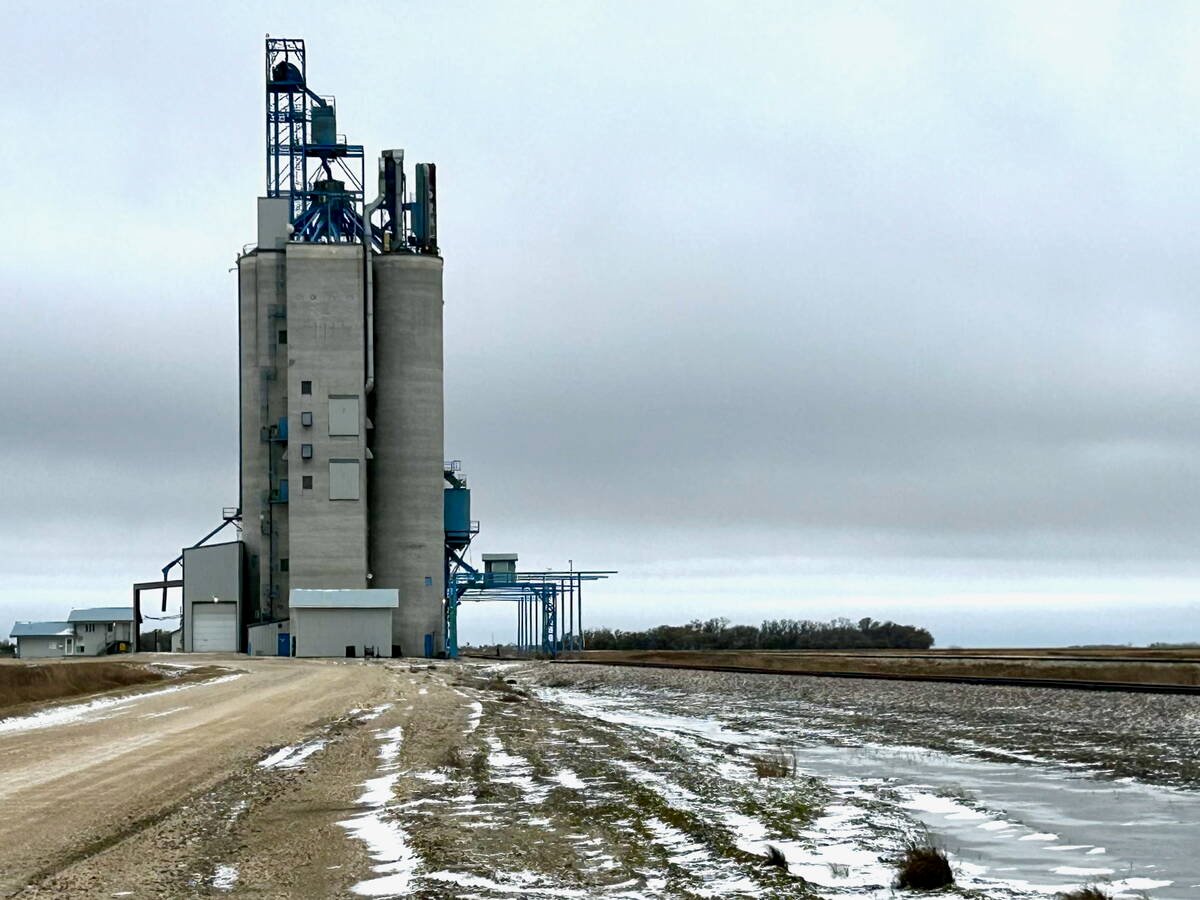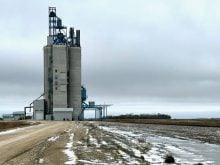The Canadian organic industry is going to miss an important deadline which will shut it out of markets in the European Union, says an organic official.
Countries have until Dec. 31, 2005, to get on the EU’s list of approved trading partners. Successful exporting nations will be required to use organic standards similar to what the EU operates.
It appears unlikely Canada will make that list before the deadline, said Paddy Doh-erty, co-ordinator of the Canadian Organic Initiative Project, an ad hoc committee attempting to develop a regulatory program for organics.
Read Also

Manitoba grain elevator ownership expands
Carman-based Linear Grain buys Fannystelle elevator from Bunge, another three elevators sold to Morden’s BP & Sons Grain and Storage Inc.
Before the federal government can enter into equivalency negotiations with the EU, Canada has to agree on a standard to bring forward for discussion.
The national standard has been under revision since January 2002. The Canadian General Standards Board is working on a fifth draft of the new standard because industry representatives keep bickering over how it should read.
The process has dragged on to the point that Canada will not meet the looming EU deadline, said Doherty.
“It takes two years to negotiate this. We wanted a standard in January so they could start the process going. We didn’t have one. We still don’t have one six months down the road.”
There is an outside chance that the deadline could be extended or that the EU will soften its stance.
The possibility of temporarily losing one of the top markets for Canadian organic crops is making exporters anxious.
“It would have a significant impact on the whole industry,” said Tom Cowell, general manager of Growers International Organic Sales Inc., Canada’s largest exporter of organic grains.
“It’s a big market for us, no doubt. I’d almost say a primary market to be honest.”
Doherty said Part 1 of the new national standard is in the “final, final, final” stages of editing and should be voted on by a 43-member industry committee later this month. But he has been fooled before.
“I keep saying ‘it is going out (for ballot) next week’ and I’ve been saying that for six weeks or so.”
The committee will be voting on Part 1 of a three-part standard. Doherty has no idea when the other two sections will be ready for ballot.
“They’re way behind schedule.”
Progress has also been stalled on Doherty’s responsibility of developing a regulation to enforce the new standard.
“The election hasn’t helped things because now we don’t have a minister of agriculture.”
His 18-member committee was almost ready to request the minister’s approval to establish a form of government regulation when the election was called.
“Basically what we need to kick-start the whole thing is approval from the minister.”
The earliest that can happen now is in July when a new agriculture minister is appointed.
Doherty said the proposal for government regulation has the support of senior management in the Canadian Food Inspection Agency, the government body which will most likely enforce the new organic standard.
The CFIA has requested funding to conduct a cost-benefit analysis on a range of possible regulations.
In addition to his regulatory work, Doherty is attempting to establish a national organization to represent and “speak with one voice” for the organic community. Despite previous failed attempts he is confident it is possible to unite the industry.
“I think the key is to be inclusive.”















